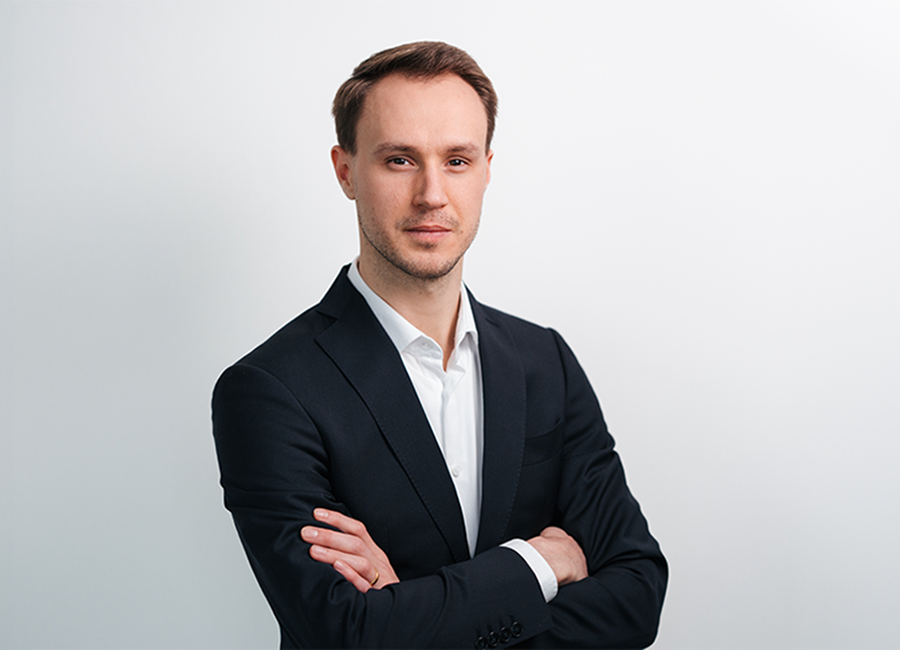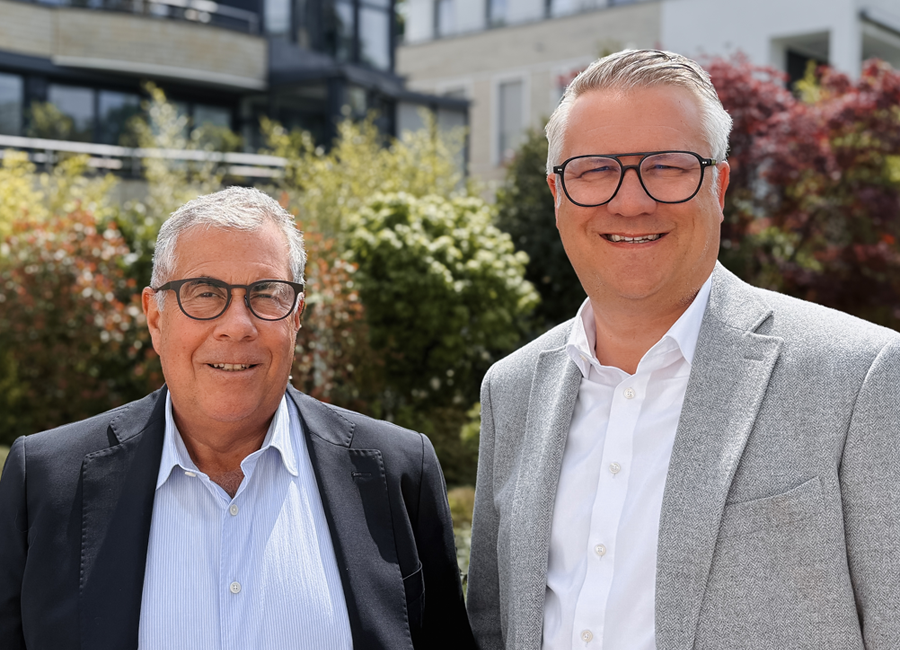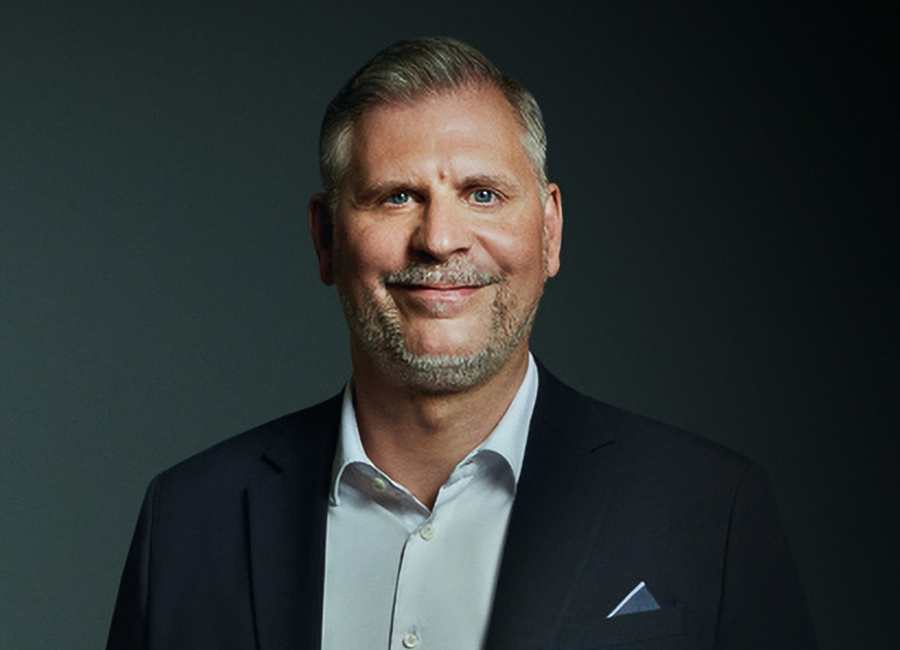
Whether buying or selling, the success of an M&A transaction is determined in the early stages. In this best practices article, Dr. Tim Bauer outlines five essential requirements that entrepreneurs should keep in mind: from clear goal definition and structured process planning to due diligence and company valuation. A concise guide for anyone seeking to strategically develop their business.

Wind power is booming – and under pressure at the same time: While approval figures are reaching new records, implementation is being delayed, costs are rising, and competition from China is growing. In their article, Dr. Stefan Frings and Viola Damberg analyze the current challenges along the entire value chain – from approval and component procurement to financing – and highlight strategies that operators can use to become more resilient, reduce dependencies, and tap into new potential.

From controlling at a renowned state bank to an internationally operating SME and into management consulting: Jonas Keppler has already sat on many chairs. What all stages have in common: his passion for numbers. How can CFOs and controllers be convinced to adopt AI? And with which guiding questions does he inspire medium-sized companies to think big? A conversation with Jonas Keppler – about numbers, impact, and perspective.

Many providers promise a lot – but not every “AI solution” delivers what it promises. Medium-sized companies face the challenge of distinguishing meaningful applications from mere marketing. Carla Dausend and Leonard Rampf show what really matters when getting started – and what mistakes to avoid.

Amazon, Walmart & others are already experimenting with stablecoins. But what does that mean for Germany’s mid-sized businesses?Stella Weisser and Tom Agsten explore how blockchain-based payment systems can offer real opportunities for SMEs and mid-cap companies – with benefits such as lower transaction costs, real-time transfers, and greater control over payment data.

High-performance battery storage systems are considered one of the prerequisites for a successful energy transition. Despite considerable gains in recent years, the market still offers significant growth opportunities—but also risks. Jan Holsten and Robert Schröder examine forecasts, framework conditions, and areas of application for battery storage systems in Germany.

The former monopoly on information held by sellers has given way to digital transparency. This has many advantages for buyers, but it also forces suppliers who want to grow to reorganize their sales processes. enomyc author Jan-Ulrik explains how the role of sales must change and what contribution it must make to successful customer acquisition.

Diversifying activities beyond the core business and generating new business in new economic sectors: even well-positioned SMEs fail to meet the challenges of new markets. What makes diversification so problematic? Is it the principle itself? Does diversification fail in certain specific sectors or simply in its implementation? Two experts, Stefan Frings, partner at enomyc, and Jochen Markgraf, partner at Seitz Rechtsanwälte, examine the issue from the perspective of performance economics and corporate law.

The European battery industry is in crisis: gigafactory projects have been put on hold and capacity has been reduced. Yet demand for high-performance energy storage systems continues to grow. How can this recovery be achieved? Our experts present three concrete solutions for overcoming the crisis and explain why it is crucial to make the right decisions now to ensure success or failure. Discover how the European vision for batteries can still become a reality!

With his “tar hammer” announced a few days ago, US President Donald Trump has exceeded even the worst fears regarding his trade policy. One thing is clear: German SMEs that sell their products all over the world will also suffer from the high tariffs. This is a good opportunity to further expand your own competitiveness, says enomyc author Jan Ulrik Holsten.

Donald Trump's return to the White House poses profound challenges for German SMEs. Trade barriers, geopolitical power shifts, and economic uncertainties are increasingly coming into focus. enomyc expert Jan Ulrik Holsten shows how SMEs should respond now—and what strategic opportunities are available despite all the risks.

Is this impression misleading, or are strikes becoming more common? Which industries are hardest hit? And how well prepared are medium-sized companies? “In my experience, not well at all,” reports Thomas Wahlig, a specialist labor lawyer, “but the unions are in the same boat.” This could make companies vulnerable to blackmail very suddenly. Companies planning restructuring should check their strike resistance very carefully in advance. How? With due diligence. We interviewed him.












